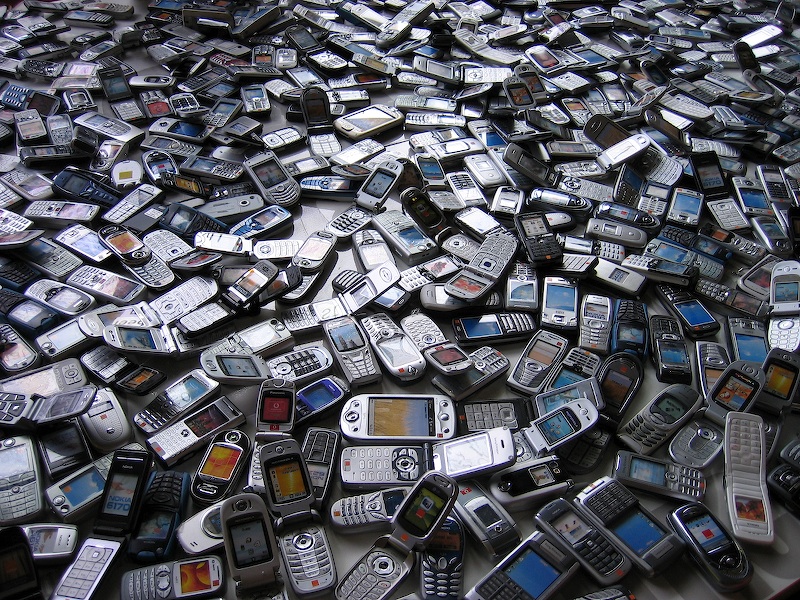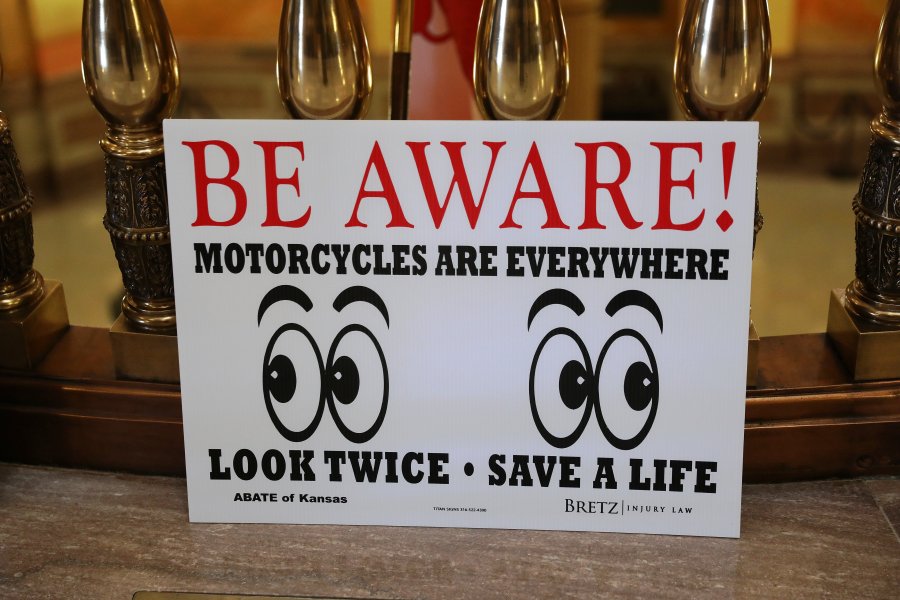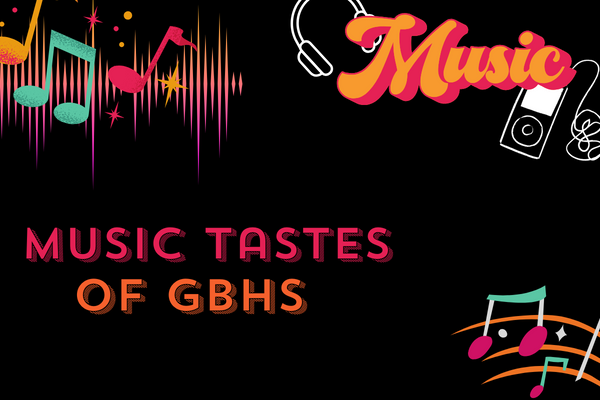When I’m at home, scrolling through my phone or my computer, I’ll get the urge to do something. Whether it be to play a video game with some friends or open up that book I’ve been wanting to read for a while, and continue to scroll through my phone or computer regardless. I’ll chuckle, or let out a puff of air as the pixels dance on my screen, but the urge to do something else remains and I’m almost incapable of fulfilling it. There could be a piece of homework that needs to get done that night, or an important family event I would need to set time aside to prepare for, but I would not be able to just stop scrolling until I actively force myself.
‘One more,’ I think, my smile faltering as I continue to stare, now not even really paying attention to what’s on the screen but the colorful noises and descriptive images that captivate me. One turns into a dozen, and then I force myself to close the app or tab, a noticeable hole in my chest from shame and the lack of stimulation I now found myself in.
Granted, actually going through this isn’t nearly as poetic or dramatic as I so colorfully put it, but the feeling is the same.
We live in an age where screens are both our main method of communication and entertainment, everything within them fighting to hijack our attention and our information to better cater what we see. Especially when it comes to shorter form content, like TikTok and YouTube Shorts. Watching a twenty to two hour long video on an obscure video game isn’t any better, but in that situation you don’t finish the video with a self-deprecative feeling in your gut.
I often start watching random videos or scrolling through random posts when I first get home, as a sort of way to ‘wind-down’ after school or a big event. And then, an hour later, I’m mindlessly absorbing information without really processing it. And this isn’t unique to me.
But it’s not just phones that get us, but screens in general. With games at least, the bare minimum for hits of sweet sweet dopamine isn’t just ‘swipe up’, but they too steal our attention–and our wallet–like our phones. Movies, films, books even, but each are drastically different and can offer more to you than just entertainment.
Alexander Allen, a junior here at Great Bend High School, said, “I’m probably not the average person with my phone.” He continued, “Usually I check it like- once in-between every class just to see if I got a text from someone…”
There’s nothing inherently bad about using your phones, or even using them copiously, but the harm comes from the predatory practices put in place by social media and general media-creation companies to the point they target your specific identity to better market content and products to you. As an example, the word ‘hardcore’ was created in the fifties to describe things ‘hard to the core.’ Recently, we’ve seen an increase in use of the word ‘-core’ as a suffix to describe how something looks.
‘Cottagecore,’ ‘Wizardcore,’ and even things like ‘Grandmacore’ aren’t products of people trying to get you to buy something, but they were small niches and labels that were launched to the stratosphere to better target individuals. Afterall, if someone puts ‘pinkcore’ in their biography, everyone will know what kind of aesthetic they like.
A more obvious, and slightly less relevant example of this, are bumper stickers. You can learn a lot about someone if they have bumper stickers. Their home state, if they’ve served or are the spouse of someone who’s served, if they have kids and how old those kids are, even their political opinions.
‘Baby on Board,’ ‘ACAB,’ ‘Grand Canyon State,’ all of those kinds of bumper stickers give valuable and potentially harmful information to everyone around them. It’s the same concept, if more skewed to capitalism. All of this to hijack your wallet and attention.
Obviously, constantly creating new and new labels has resulted in a very divided internet, especially politically. ‘Left’ and ‘Right’ political ideologies, especially in America, are hardly any different when looked at in political sciences, yet entire social media platforms with pretentious names owned and funded by billionaires are created to house every edge of the spectrum.
And again, our division is monetized.
“I think once you get on the phone, you think ‘oh just a little longer’ and then you don’t expect to be on it for as long as you were, so you end up just getting carried away.” Said one Diana Piedra, a student at GBHS.
Media hijacks your attention, that’s it’s purpose, to distract you. But now more than ever, it’s stopped being a selfless act of lessening the woes of the viewer to where it now capitalizes your attention.







